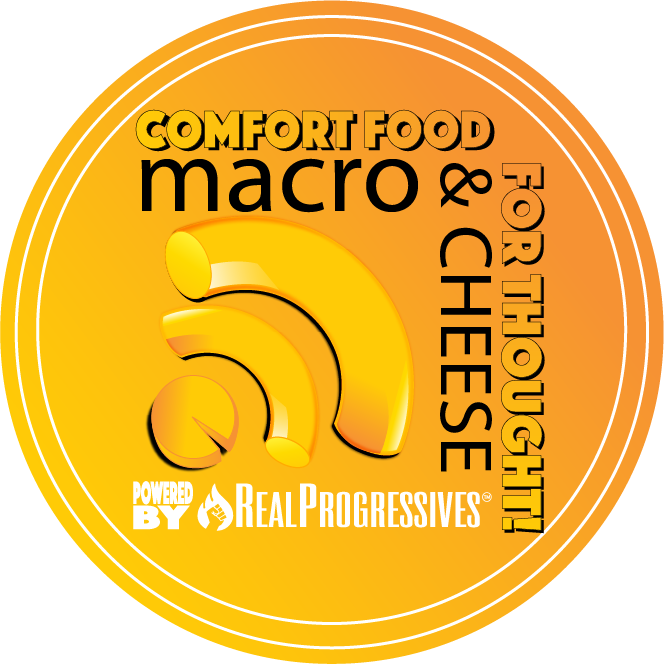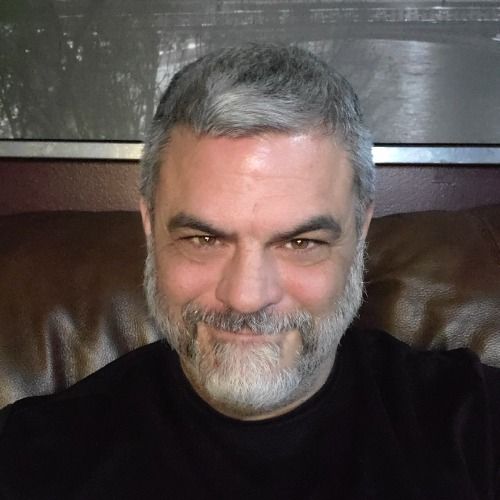Participatory Economics with Michael Albert
Michael Albert is one of the creators of participatory economics (parecon) and has developed a vision for a post-capitalist world that includes participatory governance. His new book, No Bosses, A New Economy for a Better World, goes into detail. From Noam Chomsky’s endorsement:
*No Bosses* describes and advocates a natural and built Commons, workers’ and consumers’ self-managing councils, a division of labor that balances empowering tasks among all workers, a norm that apportions income for duration, intensity, and onerousness of socially valued labor, and finally not markets or central planning, but instead participatory planning by workers and consumers of what is produced, by what means, to what ends. It makes a compelling case that these features can be brought together in a spirit of solidarity to establish a self-managing, equitable, sustainable, participatory, new economy, with a rich artistic and intellectual culture as well.
Albert recently spoke with Steve Grumbine about these concepts. His critique of what he calls “20th century socialism” is a rejection of centralized management. He and Grumbine discuss the MMT proposal of a Federal Job Guarantee which, though centrally funded, is locally managed, allowing communities to determine their specific needs and values. While Albert might be opposed to central funding (and all currency?), local management is consistent with his beliefs. He is concerned, however, with replacing the 1% with the 20% - the “coordinator class.”
He also differentiates between reform and non-reformist reform, a concept we value at Macro N Cheese. Albert says, “What makes something more than just a desirable reform is partly how we would fight for it, and to an extent, what it is proposing.” He uses several examples, like the fight for a livable minimum wage and for replacing the use of fossil fuels with clean, green energy. Winning any of these things would be great, but then what?
We're back to the system that we have. Or you can do it in a way which is constantly raising the need for innovation, the need for new social relations, the need for a new system, but recognizes the need to get these things done now. So one approach is reformist, the other approach is, I think, revolutionary.
Albert’s post-capitalist vision includes self-management, diversity, equity, solidarity, and sustainability. Whether or not you agree with him on all fronts, you’ll find plenty to think about in this episode.
** Each episode of Macro N Cheese has transcripts and an Extras page with links to additional information and resources. Go to realprogressives.com/macro-n-cheese-podcast
Michael Albert is a veteran writer and activist of the left. He co-founded South End Press, Z Magazine, ZNet, and the Z Media Institute. He has written over 20 books and hundreds of articles. Along with Robin Hahnel, Michael is the co-developer of the post-capitalist economic vision called participatory economics (parecon). Michael runs a popular podcast called RevolutionZ and founded the School for Social and Cultural Change.
@michaelalbertz on Twitter
nobossesbook.com


